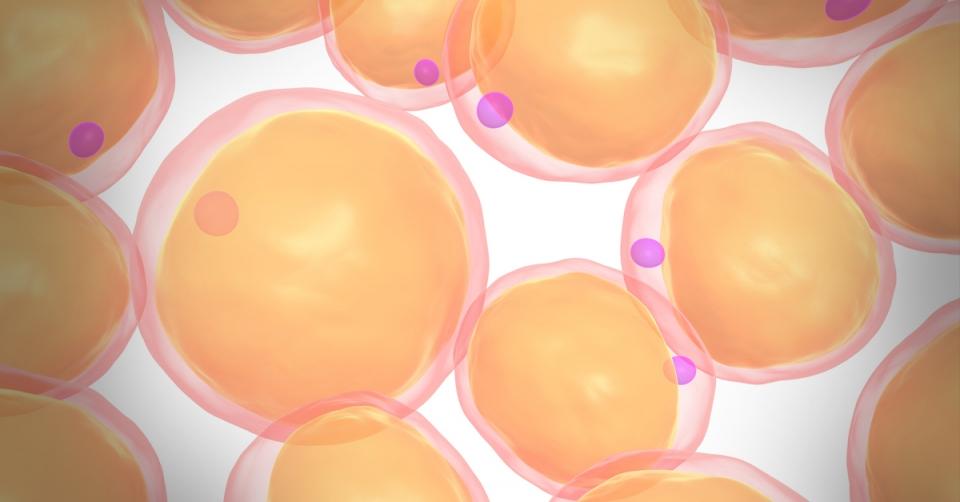 Share on Facebook
Share on Facebook

We've all got it wrong about type 2 diabetes, the lifestyle disease. It's got nothing to do with blood sugar and insulin resistance—as the current view maintains—but instead it's a disease of our cells and the way they react to some fats, a new theory suggests.
Although both theories agree that inflammation is one of the key processes of diabetes, the new hypothesis holds that cells are driving an inflammatory response to some fats, and not to glucose, or blood sugar.
If true, it would explain why some diabetics who are successfully controlling their glucose levels are nonetheless still seeing the disease progress.
Researchers from the University of Kentucky set out to demonstrate that the immune cells of diabetics would produce energy by burning glucose—but discovered instead that defects in the mitochondria, the 'power houses' of our cells, were causing a reaction to raised levels of fats.
Research is still on-going, but if further investigations support the initial discoveries, the way diabetes is treated will fundamentally change. Instead of controlling sugars in our diet, we will instead by watching out for certain fats.
(Source: Cell Metabolism, 2019; doi: 10.1016/j.cmet.2019.07.004)
https://www.wddty.com/news/2019/09/its-fats-not-glucose-claims-new-diabetes-theory.html?utm_source=Boomtrain&utm_medium=email&utm_campaign=enews_16042019&bt_ee=8S3gWXWYXInpbLNoJ9DuUniZxPtKcUa5x%2BGUh2uhujFcxYFACjjw8jGjFcPJitmn&bt_ts=1569497877173



